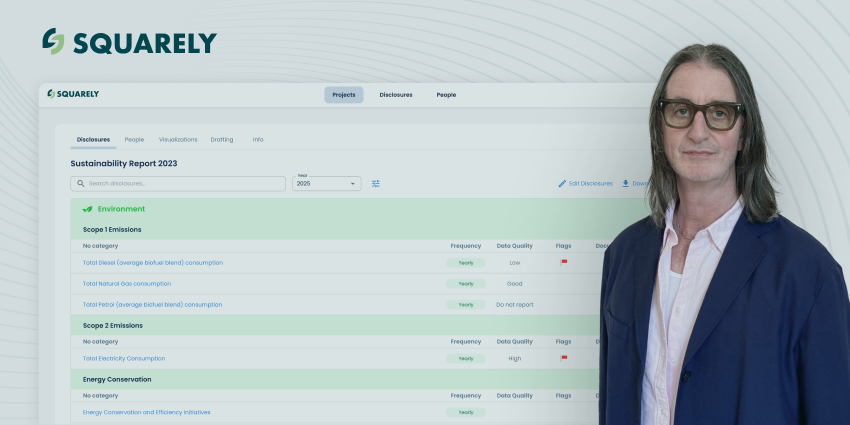Has The Republic Of Ghana Achieved its Renewable Energy Target For Electricity In 2020?
Energy is one of the sources that any human on earth must have access to in order to be able to live a better and healthier life. There is a great connection between using energy and poverty to lift people out of poverty as it improves their daily lives to study, work, and pursue their hobbies/passions.
In the past decades, an increase in energy demand around the world had a direct linear relationship with the rise in the use of fossil fuels [1]. Eventually, the increase in using fossil fuels to light up our cities and run our vehicles have increased the emissions of carbon dioxide in the atmosphere.
This process leads us to the threat represented by Climate Change: 70% of human-made carbon dioxide emissions have a direct effect on climate change. We have already witnessed the direct and indirect effects (IRENA(2016), Renewable Energy in Cities).
It is happening right now! Rising maximum temperatures, rising minimum temperatures, 90% of people living near coastal areas have been victims of rising sea levels damage and severe storms, higher ocean temperatures, shrinking glaciers [2], an increase in hunger and water crises, health risks through rising air temperatures [3].
Like many countries investing and setting strategies for energy diversification including renewable energies, The Republic of Ghana has been proactive in defining targets and goals for sustainable development. The Ghanaian government has aimed to develop an infrastructure to achieve 10% of renewable energy and energy efficiency technologies as part of the national demand for energy in Ghana by 2020.
The demand sector included the residential, commercial and service, agricultural and fisheries, transportation, and the industrial. In addition, the supply sector including the fuel supply options, power generation technologies, generation mix, greenhouse gas emissions, costs for electricity sub-sectors, and job opportunities. The Strategic National Energy Plan also included the legislated budget, policy recommendations for both the supply and demand sectors [4]. Moreover, due to the geographical positions and related climate conditions of Ghana, the government is pushing the agenda of renewable energies such as solar, wind, mini-hydro, wood-fuel, and waste-to-energy.
By the end of 2017, the strategy was revisited to be found that only 0.5% of renewable energy penetration to the overall national supply out of 10% of the target has been achieved. Dr. Nana Asare Obeng-Darko from the University of Eastern Finland Law School argues in his research that “the authorities had failed to define a timeframe within which the reaffirmed renewable energy target ought to be attained in the National Energy Plan. This may be interpreted as, the target for renewable energy in the SNEP is not achievable within the set-time (i.e., by the end of 2020)” [5]
In 2020, The Ghanian government could still reconsider setting targets to achieve it’s renewable energy targets in the next 10 years by legislating the policies for the public and private sectors and providing tax incentives to help them implement different renewable energy resources.
The government could also open doors to global investors and private companies and provide them with the opportunity to invest in renewables by making the process of licenses quicker and easier to gain. Moreover, the Ghanaian government could also establish a renewable energy authority to only oversee the implementation of the strategy and targets.
To conclude, there is always space for developing our community, country, and the world with a solid strategy and the commitment to execute. Renewable energy is not only sustainable for our environment but also has a social and economic impact.
Reference:
[1] Ritchie, H., & Roser, M. (2014, March 28). Energy. Retrieved June 18, 2020, from https://ourworldindata.org/energy
[2] Myclimate. (n.d.). Retrieved June 18, 2020, from https://www.myclimate.org/information/faq/faq-detail/detail/News/what-are-the-effects-of-climate-change/
[3] IRENA(2016), Renewable Energy in Cities, International Renewable Energy Agency (IRENA), AbuDhabi, wwwirenaorg.
[4] SNEP I – Energy Commission, Ghana. (n.d.). Retrieved June 18, 2020, from http://energycom.gov.gh/planning/snep
[5] Obeng-Darko, N. A. (2019). Why Ghana will not achieve its renewable energy target for electricity. Policy, legal and regulatory implications. Energy Policy, 128, 75-83. doi:10.1016/j.enpol.2018.12.050


